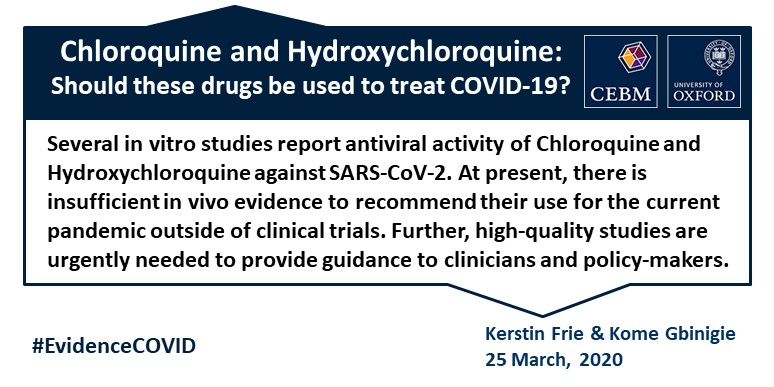Relevance: Prelims: Science
CONTEXT
Hydroxychloroquine is an inexpensive and easily available drug. However, its demand has risen dramatically ever since it was named as a possible treatment for Covid-19.
ABOUT

Hydroxychloroquine is very similar to Chloroquine, one of the oldest and best-known anti-malarial drugs. With US President Donald Trump pushing for its usage, there’s excitement about a potential new treatment for the coronavirus pandemic.
Reports from China suggested that chloroquine could inhibit SARS-CoV-2 in vitro, and showed apparent efficacy in treating COVID-19 in humans. A small non-randomised trial in France also found hydroxychloroquine to be a promising potential treatment.
The findings have prompted many, including US President Donald Trump, to tout hydroxychloroquine as a game-changer in the fight coronavirus, which has infected over 1.3 million people across more than 180 countries. Scientists, however, say more testing is needed before it’s proven safe and effective against the virus.
What is the drug hydroxychloroquine used for?
Hydroxychloroquine (HCQ) is a medication used to prevent and treat malaria. Other uses include treatment of rheumatoid arthritis and lupus erythematosus. It is also being studied as an experimental treatment for Covid-19.
Has it been approved for use in case of coronavirus?
The Food and Drug Administration (FDA) gave an emergency approval to the US government to distribute millions of doses of anti-malarial drugs to hospitals across the country, saying it is worth the risk of trying unproven treatments to slow the progression of the disease caused by the novel coronavirus in seriously ill patients. However, FDA’s emergency authorization does not cover longer-term use of the drugs to prevent the coronavirus infection.
What experts say on the use of hydroxychloroquine for Covid-19 patients?
Hydroxychloroquine is officially approved for treating malaria, rheumatoid arthritis and lupus, but not Covid-19.
More testing is needed before it’s clear that the drug works against the coronavirus and is safe for COVID-19 patients. Health experts also warn the drugs’ well-known side effects could become commonplace with wide use.
In particular, they say, patients with existing heart problems or taking certain drugs, such as anti-depressants that affect heart rhythm, are at risk of a fatal episode. Experts recommend screening before the drugs are prescribed to prevent drug-related deaths.
Demand for hydroxychloroquine
Hydroxychloroquine is an inexpensive and easily available drug. However, its demand has risen dramatically ever since it was named as a possible treatment for Covid-19.
India manufactures it in large quantities.
The government banned the export of the drug “without any exception”. The order came even as the number of positive cases of Covid-19 spiked in the country.
However, the government partially lifted the ban, paving the way for its supply to the US and several other countries hit hard by the coronavirus pandemic.
Government officials said India would export hydroxychloroquine and paracetamol on a case-by-case basis to the countries which have already placed orders for them after meeting the domestic requirements.
According to news agency PTI, India is said to have received requests from at least 20 countries including its immediate neighbours Sri Lanka and Nepal for supply of hydroxychloroquine.
When was this drug first approved
Hydroxychloroquine was approved for medical use in the United States in 1955. It is on the World Health Organization’s List of Essential Medicines, the safest and most effective medicines needed in a health system.
What are side effects of hydroxychloroquine?
Common side effects include vomiting, headache, blurry-vision, and muscle weakness, according to health experts. Severe side effects may include allergic reactions.
Coronavirus impact
For most people, the virus causes mild or moderate symptoms, such as fever and cough that clear up in two to three weeks. For some, especially older adults and people with existing health problems, it can cause more severe illness, including pneumonia, and death. So far, nearly 75,000 people across the globe have died from the disease.
For more such notes, Articles, News & Views Join our Telegram Channel.
Click the link below to see the details about the UPSC –Civils courses offered by Triumph IAS. https://triumphias.com/pages-all-courses.php

